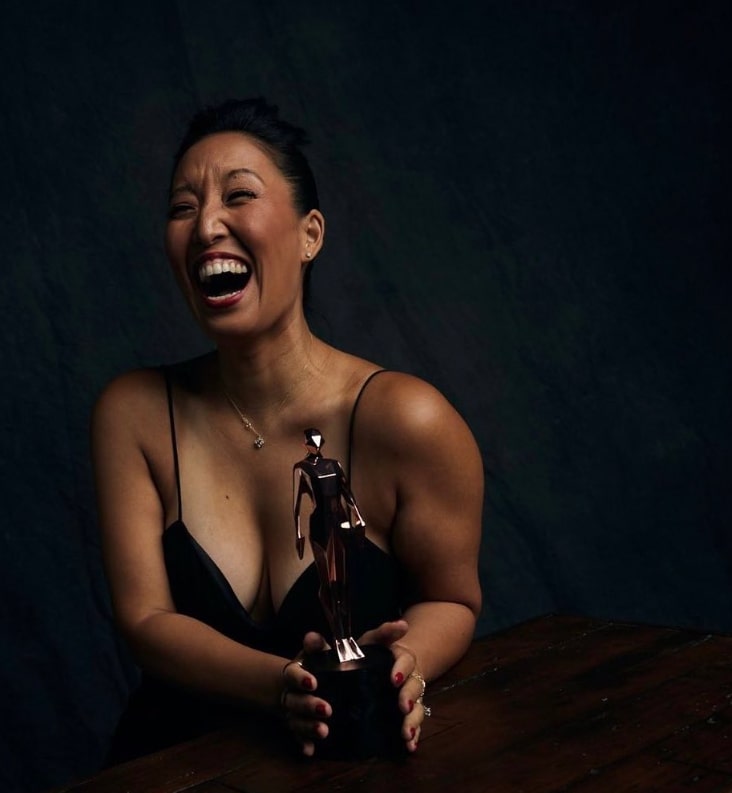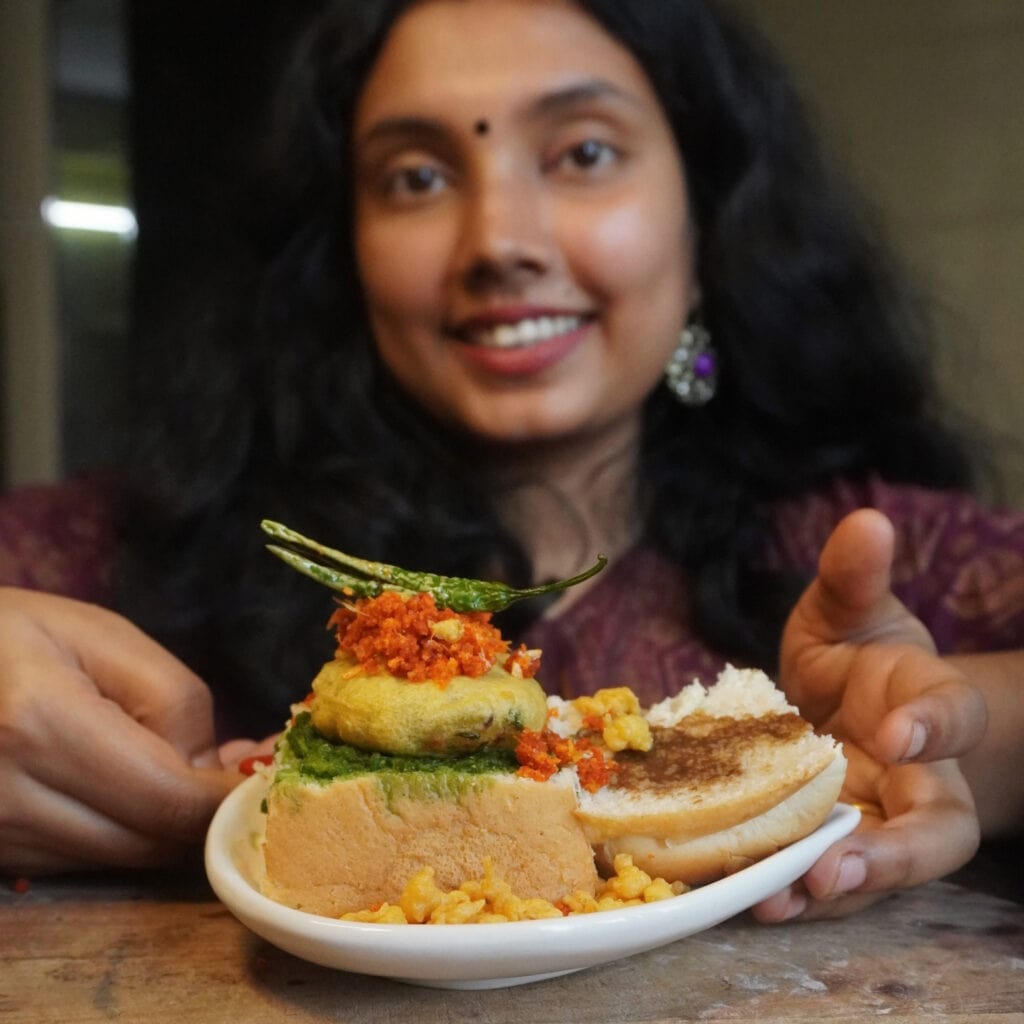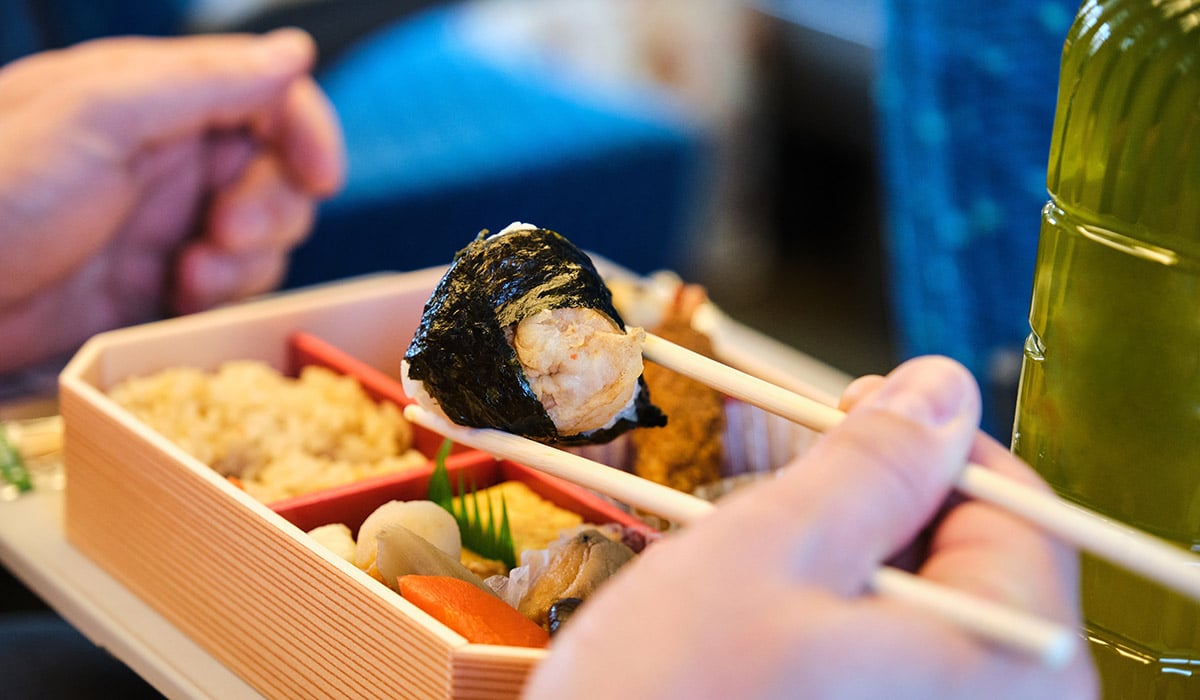In an era where social media serves as both a reflection and influencer of our cultural norms, a remarkable and heartwarming trend is emerging. Often criticised for its divisive tendencies, the virtual world is now a platform where unity and diversity are being celebrated through a shared love for one universal language: Food.
Across the digital landscape, a captivating culinary revolution is taking place, spearheaded by social media creators who are on a mission to combat racial biases through the power of indigenous flavours. From mouthwatering videos of traditional dishes to engaging narratives that delve deep into cultural heritage, these culinary content creators are using their passion for food to break down barriers, foster understanding, and celebrate the richness of diverse traditions.
What sparked this and why is food from indigenous cultures taking centre stage on social media? Crowd takes a look.
It all started when Kim was 6.
As she opened her lunchbox and delighted at the sight of her mum’s famous Kimchi Kimbap, Kim almost didn’t catch her friends scrunching up their noses and trying to get away from her. But then she looked up and words like smelly and funky filled her ears. One by one, her friends left the table to sit on another one where Kim had no place. She was now an outcast, a girl with a lunchbox that wasn’t the standard.
Kim was just one of the thousands of kids who were bullied because they brought indigenous foods to cafeteria tables. Curries were termed messy, Bento boxes were lame, and Okra stew was decidedly disgusting. Slowly and steadily, these foods started to disappear from lunchboxes and all the kids made do with lunchables to fit in with their peers.
Except, they grew up.
Formerly bullied kids are now acclaimed food creators on social media who are not only changing the way people perceive their native foods but are also teaching people how they can make and enjoy these delicacies at home. They are opening their kitchens and its many secrets to the world, hoping to honour their culture and inspire the younger generations to not make the same mistakes they did. Food creators like Suzanna (@SmellyLunchBox), Joanne Molinaro (@TheKorenVegan), Afiaa (@eatwithAfia), and Sahini Banerjee (@feashts), make content where they explicitly talk about their experiences as immigrant children afraid to fully embrace their native foods in public for fear of being harassed or made fun of. This has helped create a relatable, safe space for people who have gone through or continue to go through similar experiences.

In her own words, Suzzana says, “Like many children of immigrants in the US, I grew up being embarrassed by my smelly lunchbox. I wanted nothing more than for my parents to pack me a ham & cheese sandwich or lunchables!” Her lifelong love for food combined with the desire to reconnect with her Chinese roots have taken the shape of a social media account where she shares tips and tricks to perfect the most sought after Chinese dishes.

Joanne Molinaro didn’t know her parents were born in North Korea and spent time as refugees before fleeing to the states, until she was an adult. Her mother’s stories about the aftermath of the war and how they sustained themselves is what prompted Joanne to create food videos while narrating these poignant stories. To say they are a hit is an understatement and today, she has amassed a total following of 720k followers on Instagram and is the author of the NY times bestseller- The Korean Vegan.

Afia has another story to tell. When she decided to follow a plant based diet, she was reluctant to let go of her native African food. So, she decided to adapt as many indigenous recipes as she could to fit her vegan diet. Her content has mixed reactions from people. Some don’t think vegan African food could taste good. Some take issue with her eating with her hands and others take turns judging the swallow of her fufu. However, Afia is committed to making and eating plant-based African food without caring about the notions and opinions of people and has people raving about her Okra soup.

As a woman made of all the places she has ever lived, Sahini Banerjee loves making comforting Bengali food. She talks about being a product of living in many places, finally settling in Delhi, India and how she is fighting prejudices against Bengali food one recipe at a time.
These young creators have inspired the world to be more open and receptive of food cultures other than their own. What was once considered smelly and funky is now slowly finding its way back to school cafeterias. Mums are seeking nutrition over good looking, standard foods and Kim sends her kids to school with her mum’s special Kimchi Kimbap and a side of pride.
Prepare to savour this new side of social media- an intersection of culture and cuisine, where every dish tells a story and every post challenges preconceived notions. Discover heartwarming stories driven by culinary activism and influencers committed to nourishing our bodies and souls.
Have a story to tell? Get in touch here to discuss your requirements.

